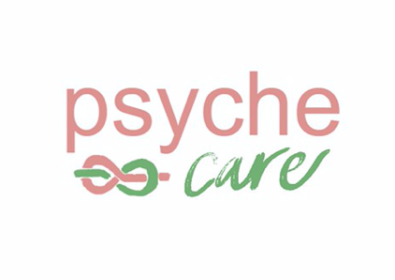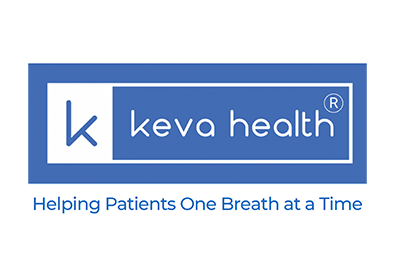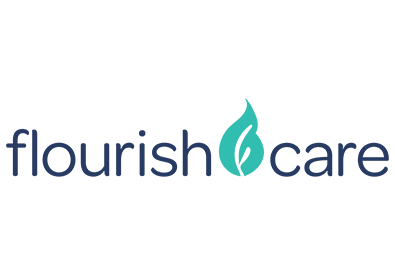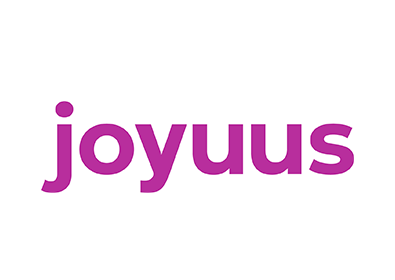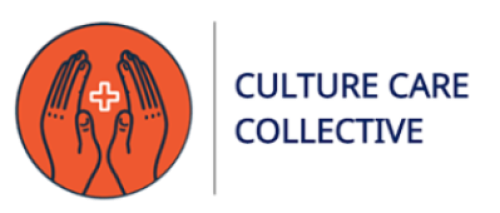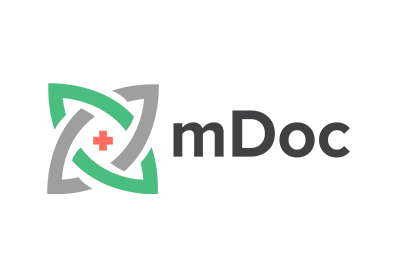Greens Health is revolutionizing diabetes care and chronic disease management through AI-powered continuous glucose monitoring, personalized dietary guidance and culturally relevant education. Focused on underserved communities, Greens Health addresses critical barriers such as food insecurity and limited healthcare access by enhancing patient engagement, improving medication adherence and streamlining care coordination.


 For this Challenge, the Massachusetts eHealth Institute (MeHI) sought startups and entrepreneurs who are developing and validating digital health-based solutions that support the goals of the Healey-Driscoll administration’s
For this Challenge, the Massachusetts eHealth Institute (MeHI) sought startups and entrepreneurs who are developing and validating digital health-based solutions that support the goals of the Healey-Driscoll administration’s 
